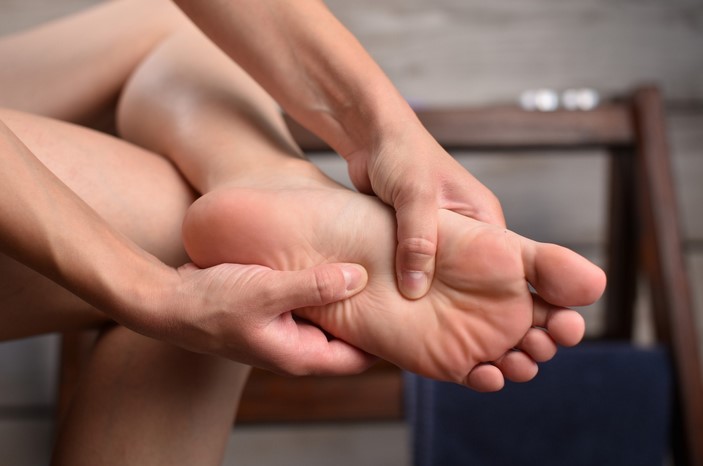
Tingling in the toes is a common symptom that can be caused by a variety of conditions. It can range from a mild, temporary sensation to a more severe, chronic issue. In some cases, tingling in the toes can be a sign of a serious medical condition and should be evaluated by a doctor. This article will discuss the common causes of tingling in the toes, when to seek medical attention, and how to manage the symptoms.
Tingling in Toes: Common Causes and How to Treat Them
Tingling in the toes is a common symptom that can be caused by a variety of conditions. It can range from a mild, temporary sensation to a more severe, chronic issue. In some cases, tingling in the toes can be a sign of a serious medical condition, so it is important to seek medical advice if the sensation persists.
Common Causes of Tingling in the Toes
Tingling in the toes can be caused by a variety of conditions, including:
• Nerve damage: Damage to the nerves in the feet can cause tingling in the toes. This can be caused by a variety of conditions, including diabetes, vitamin deficiencies, and alcoholism.
• Compression of nerves: Pressure on the nerves in the feet can cause tingling in the toes. This can be caused by wearing tight shoes or socks, or by sitting in an awkward position for a long period of time.
• Injury: Injury to the feet can cause tingling in the toes. This can be caused by a sprain, fracture, or other trauma.
• Infection: Infections in the feet can cause tingling in the toes. This can be caused by bacterial or fungal infections.
• Circulation problems: Poor circulation in the feet can cause tingling in the toes. This can be caused by conditions such as peripheral artery disease or deep vein thrombosis.
How to Treat Tingling in the Toes
Treatment for tingling in the toes will depend on the underlying cause. Some common treatments include:
• Rest: Resting the feet can help reduce tingling in the toes.
• Ice: Applying ice to the affected area can help reduce inflammation and pain.
• Compression: Wearing compression socks or stockings can help reduce pressure on the nerves in the feet.
• Medication: Over-the-counter pain medications can help reduce pain and inflammation.
• Surgery: In some cases, surgery may be necessary to treat the underlying cause of tingling in the toes.
It is important to seek medical advice if the tingling in the toes persists or worsens. A doctor can help diagnose the underlying cause and recommend the best treatment plan.
When to Seek Medical Attention for Tingling in Toes: Warning Signs and Symptoms
If you experience tingling in your toes, it is important to seek medical attention if the sensation persists or is accompanied by other symptoms. Warning signs that you should seek medical attention include:
• Tingling that lasts for more than a few minutes
• Tingling that is accompanied by numbness or pain
• Tingling that is accompanied by other symptoms such as weakness, difficulty walking, or loss of balance
• Tingling that is accompanied by changes in skin color or temperature
• Tingling that is accompanied by changes in sensation in other parts of the body
If you experience any of these warning signs, it is important to seek medical attention as soon as possible. Your doctor can help determine the cause of your tingling and provide treatment to help relieve your symptoms.Tingling in the toes can be caused by a variety of conditions, ranging from minor to serious. In most cases, the cause is minor and can be treated with simple lifestyle changes or over-the-counter medications. However, if the tingling persists or is accompanied by other symptoms, it is important to seek medical attention to determine the underlying cause and receive appropriate treatment.